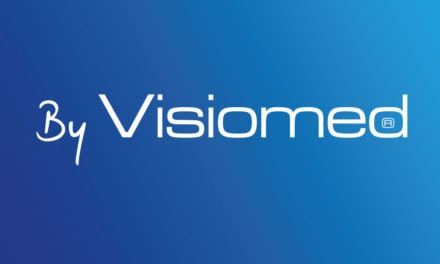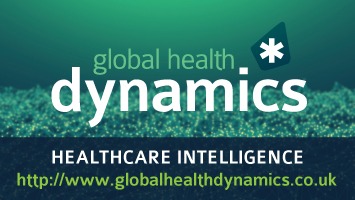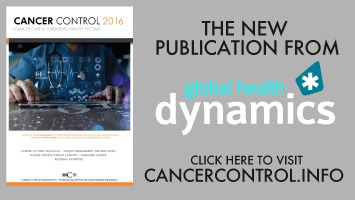Professor Smail Mesbah, Director General of Prevention and Promotion of Health, Ministry of Health, Algeria
Today, two billion men, women and children, mostly from developing countries and the African region in particular, suffer from lack of access to essential medicines. Today, the growing threat of developing antimicrobial resistance (AMR) in the areas of human, animal health and agriculture no longer spares developing countries, including those in the African region. These are two major issues, also ones of human rights and dignity, that particularly affect developing countries, including Africa.
These are also complex issues of multiple dimensions, linked in particular in our countries to intellectual property laws, lack of financial resources, weak health systems and inequalities which are aggravating factors. These issues, which provide so many challenges for the international community, call, more than ever before, for an urgent and concerted response at the local, national, regional and international levels.
First of all, this response requires that access to medicines is a fundamental obligation based on the primacy of human rights in relation to international trade. Therefore, medicines must be economically affordable, acceptable, accessible, good quality and made available without discrimination. In this regard, any pressure to prevent the use of TRIPS flexibilities or to impose TRIPS-plus provisions in trade agreements should be seen as an infringement of human rights.
This response also requires measuring the threat of antimicrobial resistance (AMR) in the African region as it is aggravated by the weakness of drug regulatory mechanisms and the circulation of inferior or counterfeit antimicrobials which also contribute to the emergence and spread of AMR.
Therefore, this response requires a holistic approach, integrating action on the social determinants of health, aimed at developing resilient health systems, universal health coverage and access to medicines.
In this regard, it will also be necessary to take into account the recommendations of the Report of the High-Level Group on Access to Medicines set up by Secretary-General of the United Nations in September 2016 and ensure affordable access to quality old and new health products, such as antibiotics, vaccines and diagnostic tools, and that the needs of all countries, especially developing countries, should be primarily taken into account in the global fight against AMR, including HIV, multidrug-resistant tuberculosis and malaria.
It is also essential that, at country level, research and mobilization of new means of financing to increase the resources available for health should be prioritized and used with the support of the international financial institutions, and states should negotiate reduced prices or voluntary licences through the bulk-purchase mechanisms at the regional level.
More than ever, international solidarity and collective action, based on an approach of both access to safe and effective medicines at affordable prices and on a rational prescription based on resilient national health systems and supported by appropriate preventive and educational actions are urgent and necessary in order to enable the African region to address these multiple challenges and then to reduce maternal and infant mortality, and, more rapidly, the burden of communicable diseases, notably of malaria, HIV and tuberculosis, and to be able to cope with the increasing health care budget of noncommunicable diseases.*
*Article translated from the French by Editors.
Professor Smail Mesbah, MD, is Director-General of Prevention and Health Promotion at the Ministry of Health, Population and Hospital Reform in the People’s Democratic Republic of Algeria. He is a professor of medicine and an infectious diseases specialist, and has held senior positions within the National Institute of Public Health, the Central Hospitals’ Pharmacy, and the Faculty of Medicine of Algiers. He is also a clinical doctor at the referring centre for HIV treatment.
References
2. http://www.wpro.who.int/entity/drug_resistance/resources/global_action_plan_eng.pdf
3. http://www.bmel.de/SharedDocs/Downloads/EN/Publications/DART2020 Interimreport.pdf?__blob=publicationFile
6. http://www.mhlw.go.jp/seisakunitsuite/bunya/hokabunya/kokusai/g7kobe/KobeCommunique_en.pdf




